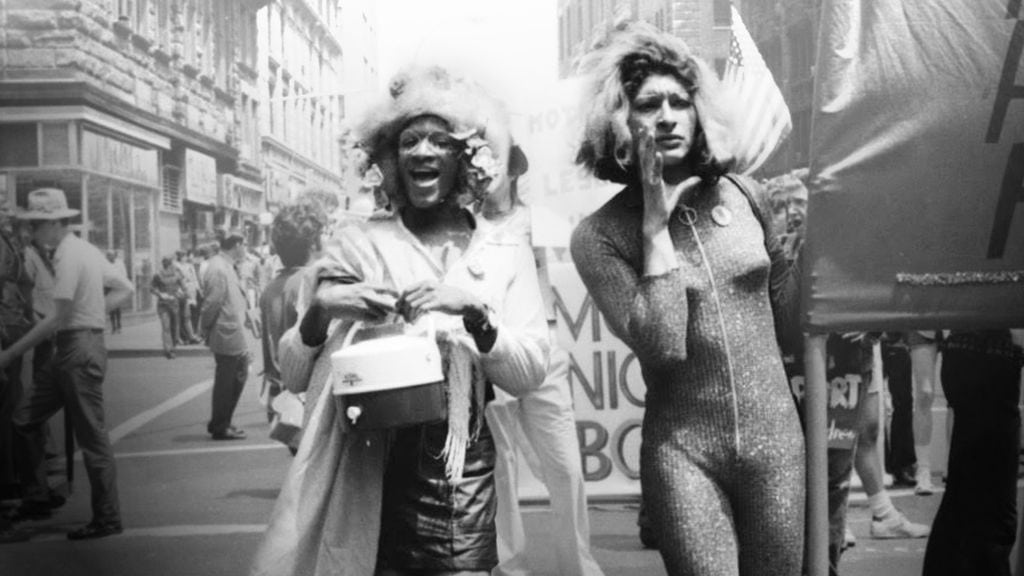Fifty years ago, LGBTQ+ people led by black and brown trans women like Sylvia Rivera and Marsha P. Johnson, fought for a place where they could come together, build community, and be celebrated for every part of who they were.
The uprising on Christopher Street sparked a transformation in our movement, the effects of which continue to reverberate today—spawning decades of activism, movements, and organizations fighting for the fundamental belief that our community deserved nothing less than our full humanity.

Pride Foundation was created in 1985 from the ripples of these reverberations, from a similar vision of a world where all LGBTQ+ people could live safely and openly as our whole selves—in all the communities we call home.
We were founded during another crisis, when our government was targeting and rejecting people living with HIV and AIDS. We were created so that we all had a place to go, a community to be a part of. So that our community had access to the resources we needed—so that we could be taken care of, and take care of one another.
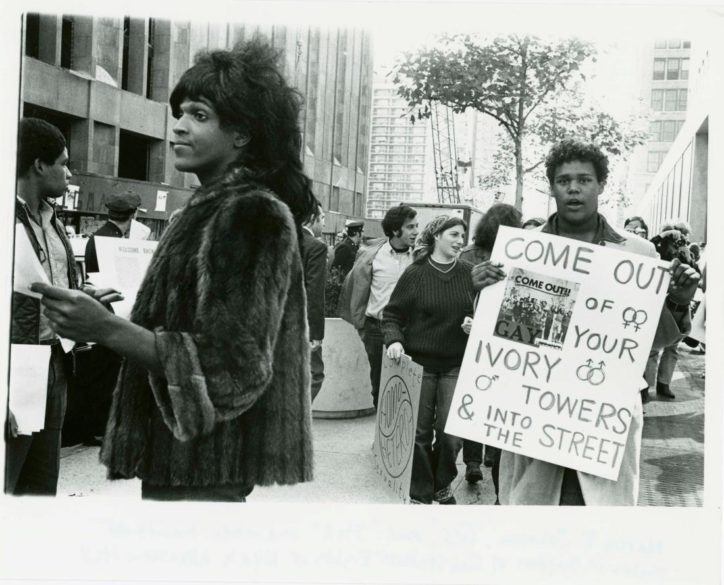
Where we come from is important. All who came before us need to be remembered. How we got here must be understood.
Because the reality during Stonewall in so many ways is still our reality.
Already this year, 11 trans women of color have been murdered—7 since the beginning of May. They were loved and valued members of our community, and they are no longer with us because of the violence and hatred that is regularly and devastatingly directed at transgender people, and particularly trans women of color—and has been for decades.
LGBTQ+ immigrants and refugees seeking safety, home, and community also continue to experience this cruelty deeply. Earlier this month, Johana “Joa” Medina Leon, a 25-year-old transgender woman from El Salvador, died in ICE custody after not receiving necessary medical care. Roxana Hernández, a transgender Honduran woman with HIV, also died while in ICE custody.
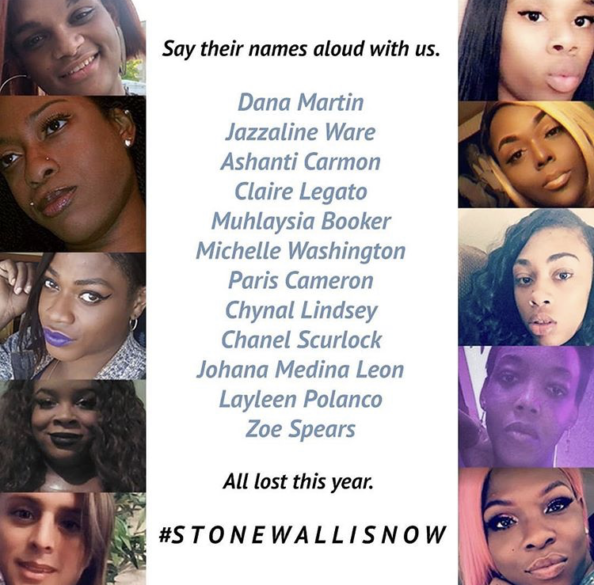
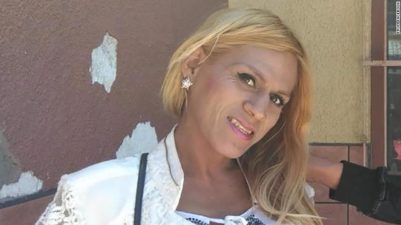
This is the reality we have to hold front and center this Pride month: the world that Marsha and Sylvia and our community who started Stonewall fought for has still not come to fruition.
Changing that reality was their work then—and it is still our work right now.
Pride month is a time to remember.
Pride month is also a time to celebrate, find hope, and share joy—because, in this context, these are acts of resistance.
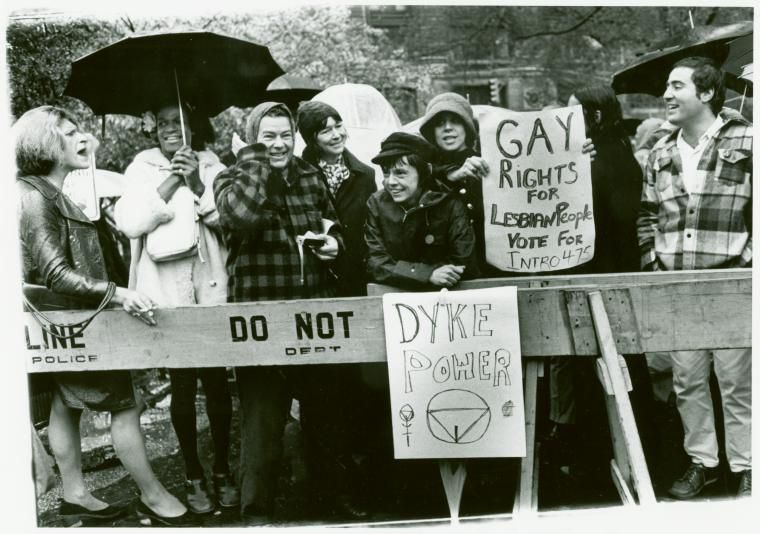
I hope we all find time this month, and every day, to find the places and moments of joy with one another. It is these moments that help build our hope and our energy to keep going.
Because, in the face of all this, our communities will change these realities—we will build the world we dream of and our community at Stonewall dreamed of.
We only have to look back on the past 35 years of Pride Foundation and the 50 years since Stonewall to know that this world is possible—and that we can create it together.
With decades of pride and decades more of perseverance,
Katie
Katie Carter is Pride Foundation CEO.
